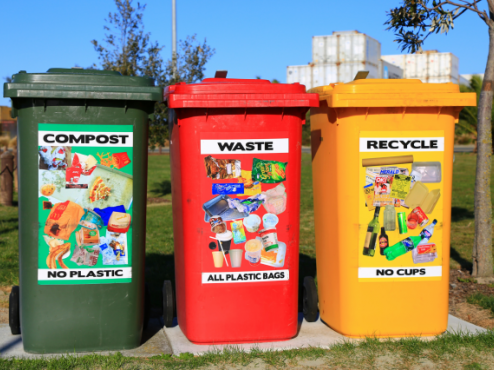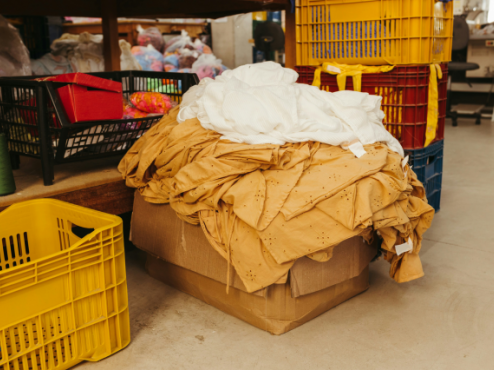Environmental Impact of Refrigerator Recycling
Introduction
Refrigerators are essential appliances in households worldwide, but their disposal poses significant environmental challenges. From harmful refrigerants to non-biodegradable materials, improper disposal can have lasting effects on ecosystems. This article explores the environmental impact of refrigerator recycling, highlighting the benefits of proper disposal and recycling practices.
The Environmental Challenges
- Refrigerants and Ozone Depletion: Refrigerators often contain ozone-depleting substances like CFCs and HCFCs in their cooling systems. Improper disposal can release these substances into the atmosphere, contributing to ozone layer depletion and climate change.
- Waste Accumulation: The disposal of refrigerators in landfills leads to the accumulation of bulky waste, occupying valuable landfill space and posing risks of soil and water contamination.
- Resource Depletion: Refrigerators contain valuable materials such as metals (steel, aluminum), plastics, and glass. Recycling these materials conserves natural resources by reducing the demand for virgin materials and minimizing the environmental impacts of mining and manufacturing.
Benefits of Refrigerator Recycling
- Energy Savings: Recycling metals like aluminum and steel consumes significantly less energy than producing them from raw materials. For example, recycling aluminum saves up to 95% of the energy required for primary production.
- Greenhouse Gas Emissions Reduction: By recycling materials and preventing methane emissions from decomposing appliances in landfills, refrigerator recycling contributes to mitigating greenhouse gas emissions.
- Circular Economy Contribution: Recycling appliances promotes a circular economy where materials are reused, remanufactured, and recycled, reducing waste and extending the lifespan of valuable resources.
How Consumers Can Make a Difference
- Choose Certified Recycling Programs: Opt for recycling programs certified by environmental agencies or endorsed by local authorities to ensure proper handling of refrigerants and other hazardous materials.
- Support Energy Efficiency: Upgrade to energy-efficient appliances that consume less electricity, thereby reducing overall environmental impact throughout the appliance's lifecycle.
- Advocate for Sustainable Practices: Raise awareness about the importance of refrigerator recycling and advocate for policies that incentivize responsible disposal and recycling of electronic waste.
Conclusion
Refrigerator recycling is more than just a means to earn cash—it’s a crucial step toward mitigating environmental impact and promoting sustainable practices. By understanding the environmental challenges associated with refrigerator disposal and supporting recycling initiatives, consumers can contribute to a cleaner, healthier planet for future generations.
 Estate Cleanouts and Junk Hauling Services for Seniors
Estate Cleanouts and Junk Hauling Services for Seniors
Green junk hauling, downsizing, and estate cleanouts from Gone For Good are available throughout Northern Colorado. Unwanted belongings get a second chance with GFG, whether they go to our thrift stores, charity or get recycled- we can as much as we can out of the landfill.
Read More How to Recycle and Why You Should Do It
How to Recycle and Why You Should Do It
In today’s world, recycling has become an essential part of protecting our environment and conserving resources.
Read More Everything You Need to Know About Recycling Old Lawn Mowers
Everything You Need to Know About Recycling Old Lawn Mowers
Lawn mowers are essential tools in maintaining a lush, well-groomed lawn, but like any other machine, they don’t last forever.
Read More Bagster vs Dumpster: Buy a Dumpster Bag or Rent a Small Dumpster?
Bagster vs Dumpster: Buy a Dumpster Bag or Rent a Small Dumpster?
When it comes to tackling a significant cleanup project, whether it’s a home renovation, yard work, or just a major decluttering, disposing of the waste efficiently is crucial. Two popular options are buying a Bagster or renting a small dumpster. Both have their pros and cons, and the best choice depends on your specific needs. In this comprehensive guide, we'll compare Bagsters and dumpsters to help you make an informed decision.
Read More